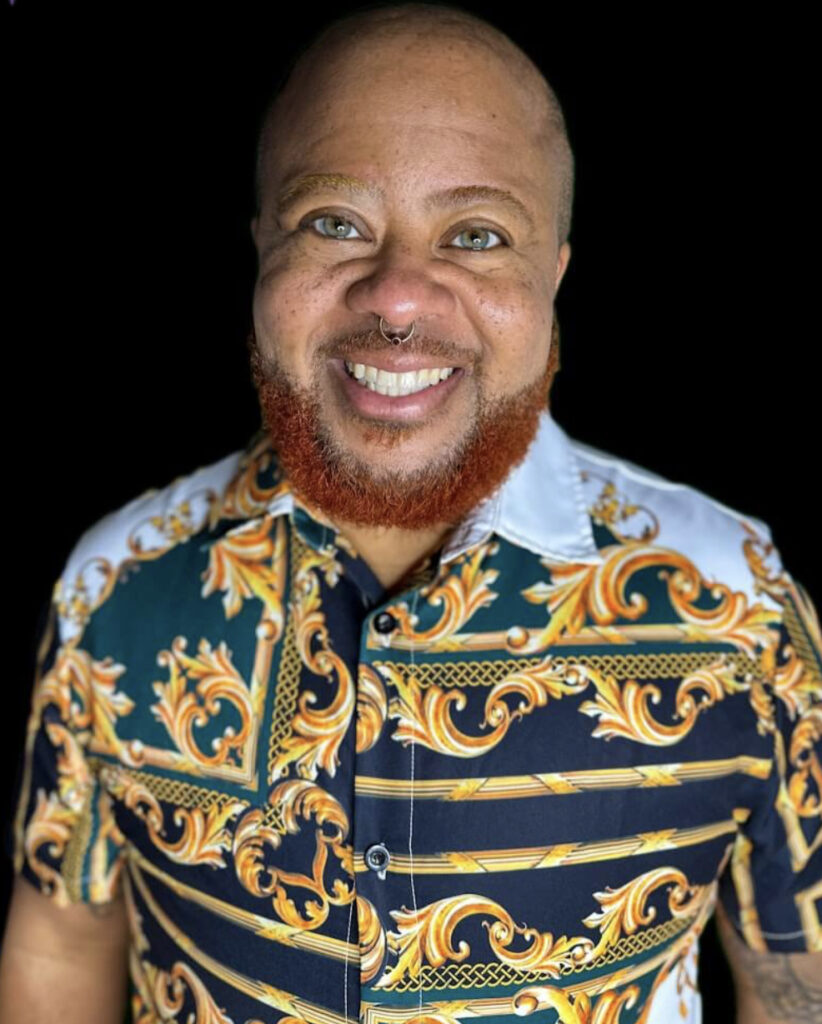Your alarm goes off. You wake up and turn on your lamp. You unplug your phone from the wall and glimpse your notifications. You walk to the restroom and turn on the shower. You wait for the water to heat up, and throw a pile of clothes on the bed destined to be the day’s outfit. On a good morning, you have time to make breakfast – to pop something in the microwave or crack a few eggs on the stove. And then, you’re out the door, second-guessing if you remembered to turn off your bedroom lamp. There’s no time to check, so you head out the door, hoping for the best. Electricity, water, gas, and it’s only 8:30 AM.
Despite the fact these utilities are essential to everyday functions, 54% of African-American families struggle to afford them. As if that doesn’t cause enough stress, 50% of African-American families don’t have enough emergency savings to cope with financial shock of any kind – like a car repair or a hospital visit. Similarly, 48% of black families have no retirement plan. These are just a few of the grim statistics that Mathieu Despard enlightened the audience with at noon on November 7th, when hosting The Jordan Institute for Families kick-off panel on economic supports, titled “The Financial Well-Being of Black Families in the South”.
These facts are worrying but not surprising, Mathieu Despard pointed out, in a country riddled with a legacy of slavery, Jim Crow, redlining, and other racially discriminatory practices. As such, defining financial well-being is critical to the pursuit of economic justice, and a world where African-American families don’t disproportionately face occupational segregation, high student debt, staggering rates of under-insurance, and an overall phenomenon of little to no generational wealth. Joining Mathieu Despard to tackle these issues and more, were three amazing panelists, bringing their expertise on financial equity and marginalization to the table:
Lyneisha R. Dukes (LMSW, LCSWA) is a rising fourth-year PhD student at the North Carolina A&T State University and University of North Carolina at Greensboro’s Joint PhD Program. Her research focuses on the impacts of student debt on Black mothers’ financial well-being and access to wealth.
Rehaana S. Herbert (MSW, LCSWA) is in her third year of a dual JPhD program at the University of North Carolina at Greensboro and North Carolina A&T. Her research focuses on economic inequalities, wealth gaps, and financial wellness for women of color.
Maudia Ahmad (LCSW, LCAS-A, CCM) works as an LCSW with Community Care of North Carolina, and also serves as an adjunct professor at East Carolina University’s School of Social Work. Her research interests include health disparities within marginalized communities and Medicaid Transformation.
Together, through an hour-long Q&A, they pondered the inquiry: what does financial well-being mean, and how can it be achieved for black families in the South, and across the United States? Each panelist helped identify problems and solutions, pulling in their research to analyze different facets of financial well-being, its relevance, and racialization. Out of this discussion emerged three key categories encompassing barriers to the financial wellness of black families: education and financial literacy, the intersection of race and gender, and medical debt/intergenerational poverty.
Education and Financial Literacy: Who has access to wealth?
Lyneisha began this conversation by detailing how education is a pillar to generational wealth, and student debt is a factor that makes it inaccessible to most African-American families. She pointed out that 50% of federal loans are borrowed by African-Americans – and highlighted that “black families are deemed not suitable to acquire wealth, but suitable to require debt”. Rehaana further explained this point by detailing that hiring and pay discrimination – experienced at an alarming rate by black families – adds to an inability to maintain loan payments, or even see them as a viable option. Because this discrimination persists even after black families have received a college education, the cycle continues – leaving them a few steps behind. She also noted that because financial literacy is not accessible to black families, many aren’t in a position to weigh their options, and set themselves up for financial stability. Maudia circled back to this point, noting that the education system is failing families of color – and has shown little to no efforts to remedy this cycle. Moving forward, panelists agreed that increased access to financial knowledge, a decrease in occupational discrimination, and more efforts to make institutional academia accessible will be critical to the financial liberation of black families.
The Intersection of Race and Gender: Who has access to power?
Rehaana began this conversation by emphasizing that black women, particularly black mothers, are often at the center of financial inequity, and less likely to receive equitable pay. Rehaana emphasized that she primarily works with women of color and that financial strain is often the primary cause of chronic stress. As such, she noted how critical it is to “dive deeper” into what the term financial well-being means to black women individually, and how their experiences have shaped it. Ultimately, Rehaana stated that “the goal is to amplify and center the voices of black women”, and her fellow panelist could not have agreed more. Lyneisha added that focusing on black mothers is critical, and should be “intentional because of the historical context in which we currently still reside”. The panelist went on to discuss what Mathieu Despard had opened with: the way historical marginalization persists within current systemic structures, and how these systems deeply impact black families.
Health and Medical Debt: Who has access to longevity?
Lastly, Maudia brought the panel to a close, by bringing up a topic often overlooked: medical debt and the racialized nature of health and wellness. She highlighted how many African-American families either suffer insurmountable strain from immense medical debt or forgo necessary medical care. Most critically, she noted that in discussions about inaccessible healthcare – and broadly financial well-being – that the dominant narrative tends to blame the individual and ignore the powerful market forces at play that disproportionately harm African-American families. She emphasized that financial well-being should be defined by an individual or family’s ability to access the physical and psychosocial healthcare they need without debt.
Final Takeaways
Wealth. Power. Longevity. These are not only factors that, in our current society, determine who experiences financial well-being; but they are often intergenerational. Passed down from one generation to the next, solidified in history, frozen in time – and this is the greatest inequity – the game is rigged, and it always has been. As the panelist so eloquently stated, Financial well-being isn’t solely about a bank account – it is about who is allowed to live, and who is stuck in cycles of survival – who carries and transfers chronic financial stress, and who doesn’t. Who sees debt as inevitable, and who sees debt as an academic concept. In the sociopolitical context of race and racism in The United States, it becomes clear that African-American families in this country have been subjected to a plethora of systemic financial barriers for centuries; and now, through the work of the panelists and scholars who conduct similar research, the generational impacts are starting to become more evident. Moving forward, JIF, as an institute, will continue highlighting economic support for families, and encouraging equitable practice.
You can watch the webinar in its entirety here – Financial Well-Being of Black Families in the South.

